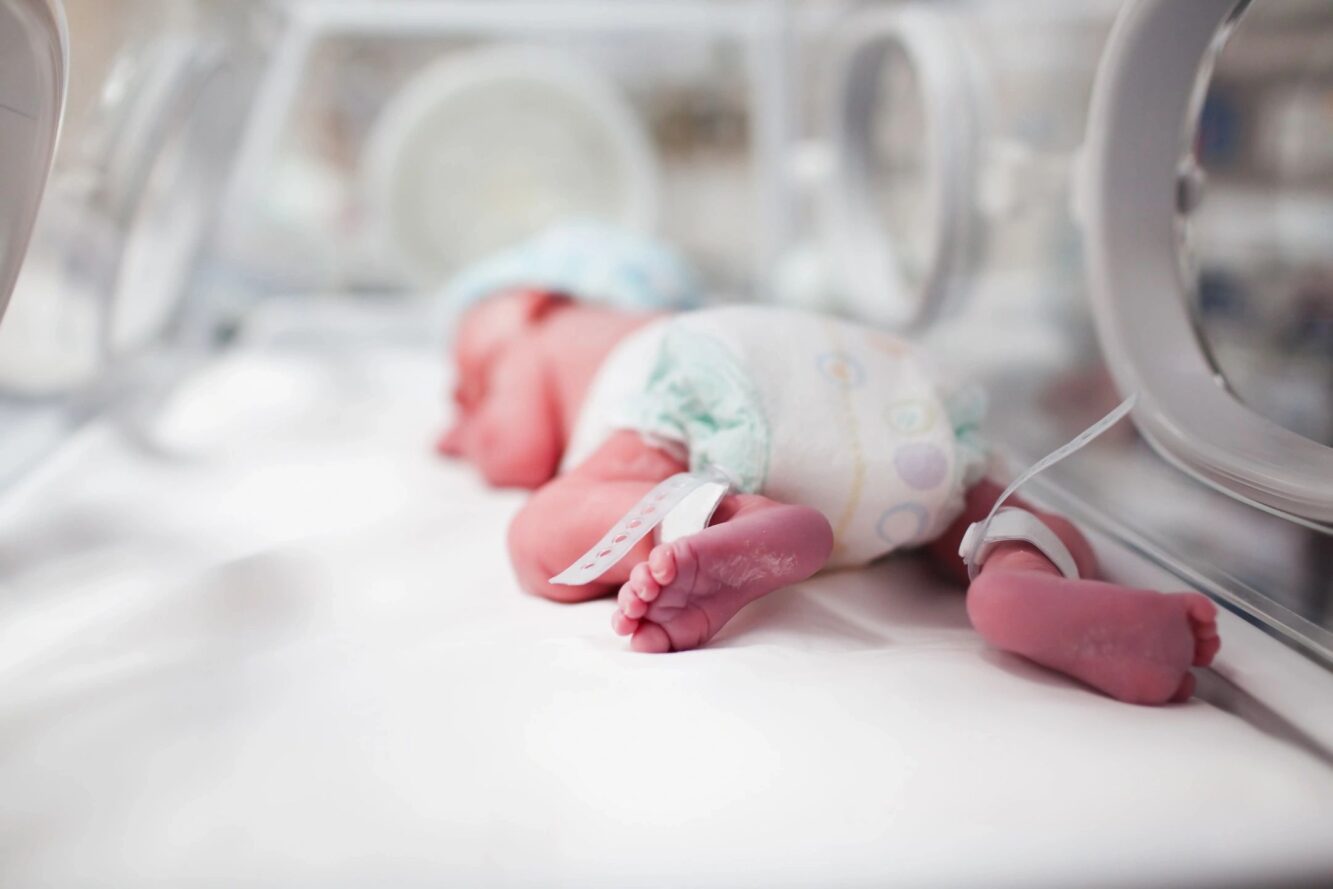10 Potential Causes of Fetal Distress Birth Injuries

When noted Miami Attorney Richard “Bo” Sharp, Esq. secured a $12,000,000 birth injury settlement in 2022 — one of the top personal injury settlements in the U.S. that year — it reiterated the dire importance of both focus and attention to detail with regard to fetal distress during pregnancy, labor, and delivery. It was also a haunting reminder for victims of fetal distress birth injuries and their families.
The case was based on acts of medical negligence committed by a certified nurse midwife who failed to properly monitor a baby’s fetal heart rate and alert the attending OBGYN that a Category III medical emergency was occurring. The result was devastating. The baby suffered significant mental and physical injury, including Hypoxic Ischemic Encephalopathy (HIE) and cerebral palsy. This type of fetal distress birth injury is one of ten potential causes of fetal distress birth injuries.
1. Failure to properly monitor a baby’s and mother’s vital signs.
Careful monitoring of a baby’s fetal heart rate and a mother’s (or surrogate’s) blood pressure, pulse, respiration rate (breathing), and temperature are critical during pregnancy, labor, and delivery. Failure to provide consistent, accurate monitoring can lead to serious fetal injury or death.
2. Incompetence due to lack of training, experience, or both.
Healthcare worker shortages and staff changes are among the situations that can lead to the hiring of healthcare workers who are new to the industry, have some level of inexperience, and/or lack various types of training (including those being trained on the job). This in turn can lead to situations in which infants may be endangered and fetal distress birth injuries may result.
3. Erroneous laboratory reports.
Mistakes in lab testing, including patient file mix-ups, can lead to improper diagnosis and treatment that leads to fetal distress and results in birth injuries. Undetected anemia is one example. Accuracy plays a crucial role in diagnosing and treating, particularly by helping keep mothers and babies safe when emergency deliveries are required.
4. Undetected/uncontrolled diabetes.
A mother’s (or surrogate’s) undetected and/or uncontrolled diabetes can affect every organ in a developing baby, leading to multiple potential scenarios resulting in fetal distress birth injuries.
5. Preeclampsia.
Failure to properly and consistently monitor a mother’s (or surrogate’s) blood pressure during pregnancy, labor, and delivery can result in harm to both mother and baby. For example, in cases in which placental abruption occurs due to high blood pressure, fetal distress birth injuries may result.
6. Umbilical cord problems.
Entangled, prolapsed, and compressed umbilical cords can each result in fetal distress birth injuries or death. Each can cause a lack of blood flow and oxygen to a baby.
7. Complicated labor.
Long labors, labors involving multiple births, and breech births are some examples of labor-related issues that can lead to fetal distress birth injuries.
8. Placental abnormalities/abruption.
Whether due to blood pressure issues or other maternal problems, any negative effect on the placenta may cause a fetal distress birth injury.
9. Medication reactions.
Reactions to epidural medication or other medicines administered during labor and delivery may result in fetal distress birth injuries. Unknown allergies to medication that result in low blood pressure in the mother or surrogate, the need for forceps use/vacuum extraction, or other situations can negatively affect the baby.1
10. Uterine infection.
Uterine infections can affect mother and baby alike, causing placental problems and other issues that can result in fetal distress. Chorioamnionitis, an infection that involves the amniotic fluid, is one example.
Getting Legal Help
If your baby has sustained a fetal distress birth injury, contacting an experienced lawyer or legal team for an initial consultation is an important step. Researching information about lawyers who specialize in birth injury cases, or if possible, who specialize in the particular type of birth injury lawsuit case you may be dealing with, can be helpful.
Richard “Bo” Sharp, Esquire and Mallard & Sharp, P.A.’s continual goal is to obtain justice for families whose infant or infant’s mother has been the victim of a medical malpractice negligence birth injury. Mallard & Sharp, P.A. is dedicated to providing every client with the path to justice and financial recovery. The firm handles cases that involve infant or maternal birth injuries, medical malpractice, and negligent security, as well as any other provable acts of negligence that have caused catastrophic injuries or wrongful death to individuals.
For additional information, or to inquire about expert legal representation for a potential medical malpractice negligence lawsuit case involving a fetal distress birth injury, contact Mallard & Sharp, P.A. at 305-461-4800.


